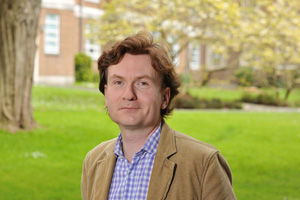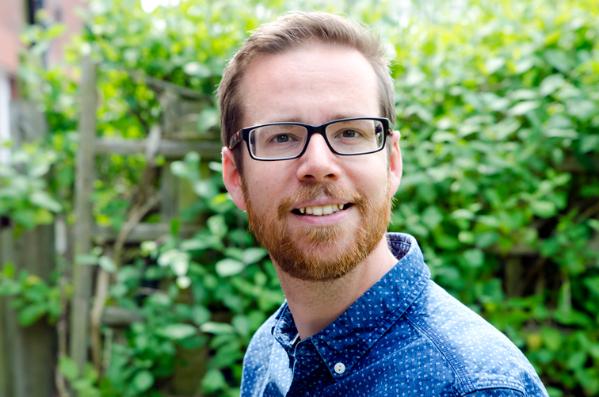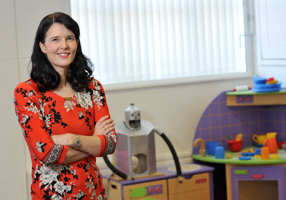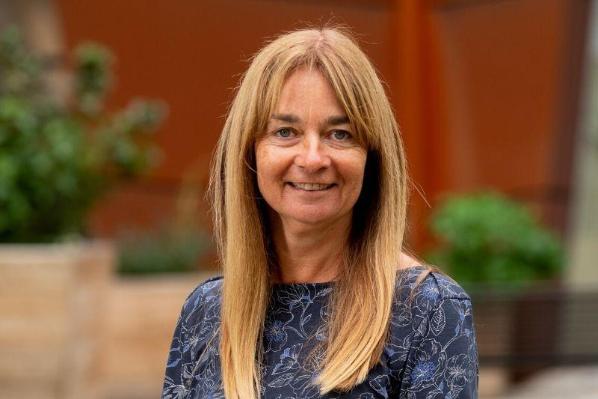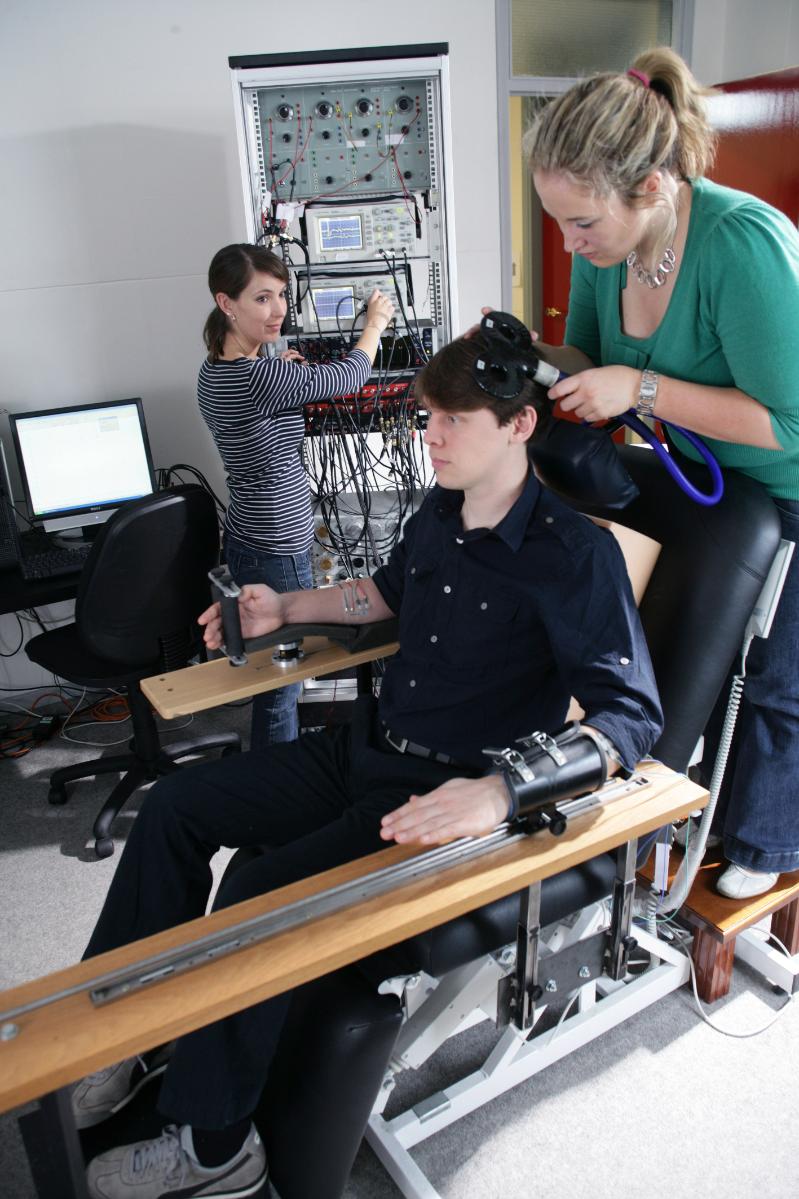Development & Cognition
The School has a particular strength in cognitive development, especially in relation to higher cognitive functions such as reasoning, decision-making, executive functions, numerical cognition, and reading. Some of our research in these areas focuses on atypical populations, such as children with developmental disorders or children at risk of psychopathology. Research on the development of temporal cognition has yielded two ESRC-funded projects, which have uncovered a link between children’s ability to delay gratification and their future time perception. This work has a strong interdisciplinary focus, including a philosophy/psychology AHRC project ‘Time: Between Metaphysics and Psychology’, which has been conducting ground-breaking empirical studies on people’s folk theory of time. Two further interdisciplinary projects with philosophers were funded by Leverhulme, one that has demonstrated new relations in temporal and causal cognition in children, and another that is currently examining the links between the emotion of relief and temporal cognition in both adults and children.



